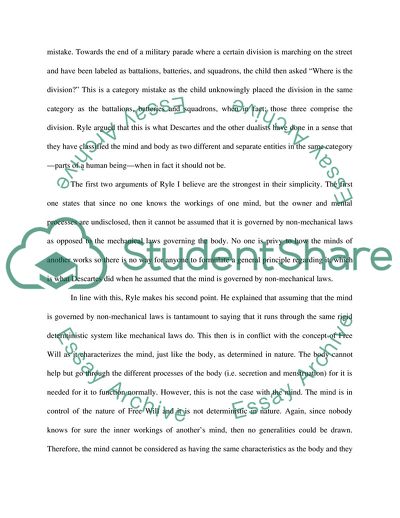History of Western Philosophy: Modern Period Report Example | Topics and Well Written Essays - 1750 words - 2. https://studentshare.org/philosophy/1707659-history-of-western-philosophy-modern-period
History of Western Philosophy: Modern Period Report Example | Topics and Well Written Essays - 1750 Words - 2. https://studentshare.org/philosophy/1707659-history-of-western-philosophy-modern-period.


